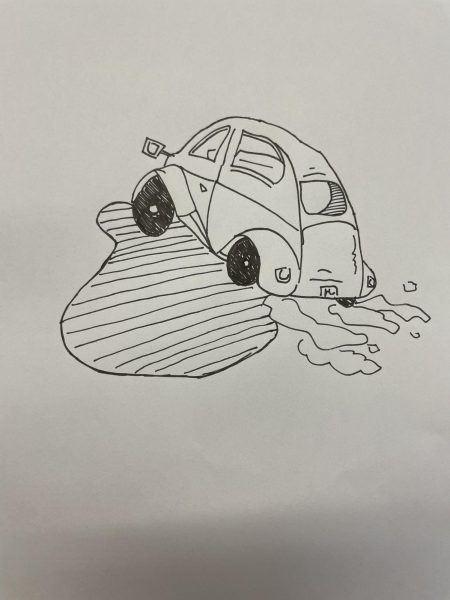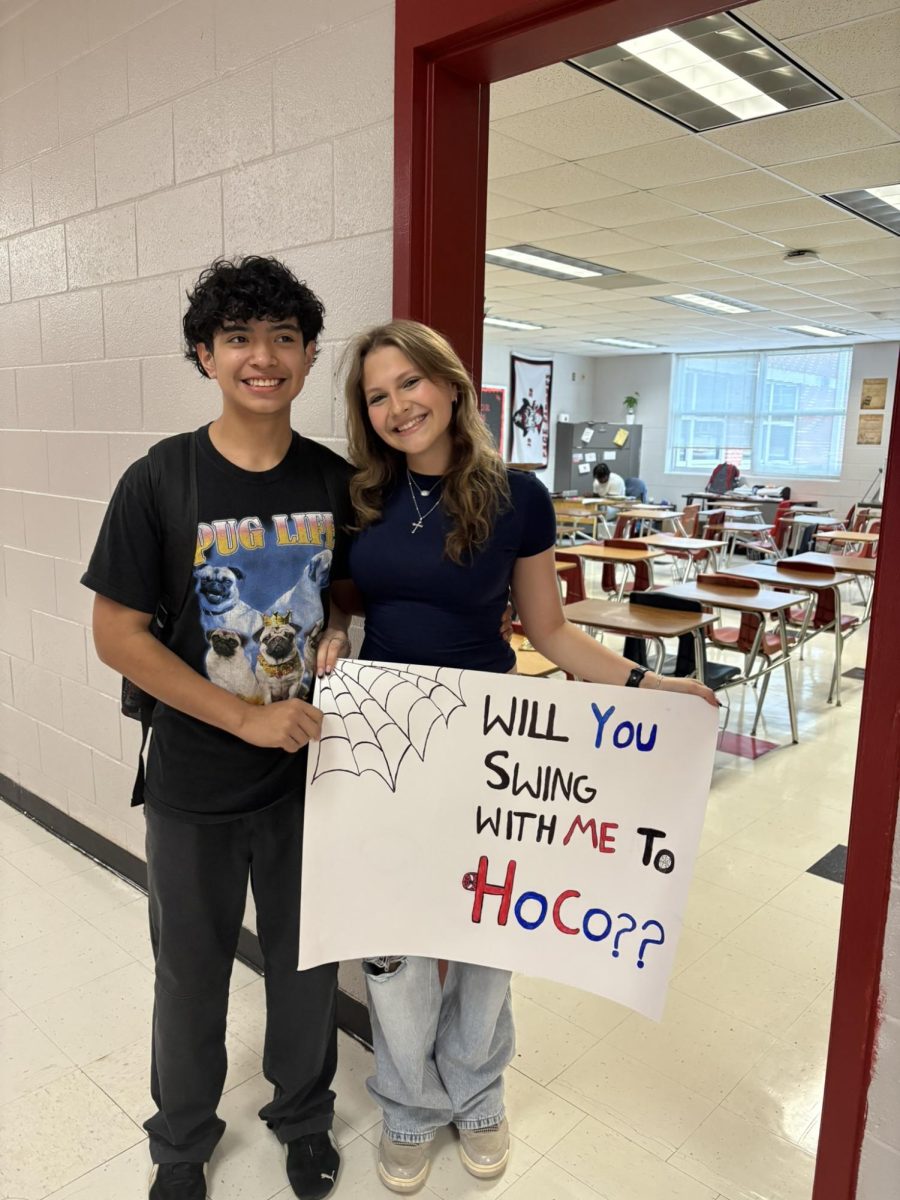
Since 1969, Page High School and the administration has steadfastly prohibited the practice of sitting in cars since 1969. But do these rules still serve their original purpose, or are they relics of a bygone era?
From the beginning, the rule was clear: no idling or sitting in cars—before school, during lunch, or after dismissal. At first glance, it may seem like just another way to inconvenience teenagers, but the intent was more serious. The policy sought to prevent students from engaging in “immoral behavior” behind the tinted windows of their vehicles. A secondary concern was the school’s liability—students lounging unsupervised in cars could spell trouble if incidents like injuries or bullying arose.
Despite the passage of 60 years, the rule remains firmly in place, though the rationale has evolved. Today, the focus is more about offloading responsibility—once school is over, students are expected to leave the premises promptly, as if loitering is a sport only to be played at cookout. Administrators, it seems, prefer not to deal with the insurance nightmare that might follow if an after-school fender-bender or parking lot brawl were to occur on their watch.
In comparison to neighboring schools like Grimsley and Northern, Page is far from alone in enforcing a ban on “loitering.” Similar rules can be found in the student handbooks of countless high schools nationwide, indicating a shared philosophy: teenagers plus unsupervised free time equal trouble.
But has the policy achieved its intended success? Well, success is subjective. On one hand, the school has managed to avoid any legal liability tied to students hanging out in the parking lot. On the other hand, the student body—both in 1969 and today—continues to view the rule as an unnecessary inconvenience. One 1969 student quipped that the ban made them feel like prisoners, while others lamented the absurdity of driving off campus, eating in some random parking lot, only to return moments later. The sentiment still lingers: “Why can’t we prove we’re capable of sitting in a car without catastrophe?”








